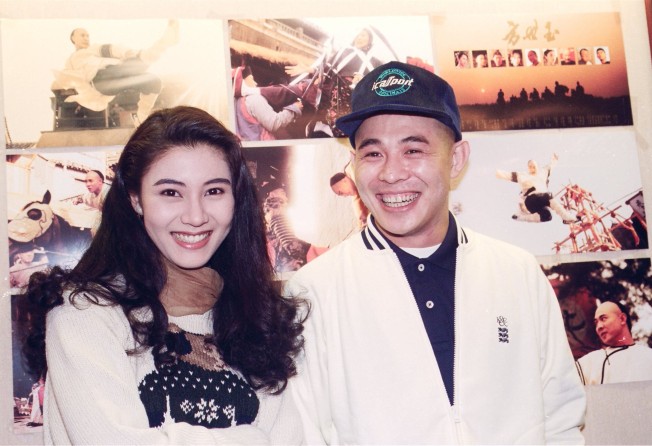
How Michelle Reis turned beauty pageant win into a movie career as ‘the nice girl who can play nasty’
- ‘The most important thing here is to get yourself known,’ Michelle Reis said of parlaying her 1988 Miss Hong Kong beauty pageant win into a movie career
- Reis often played girl-next-door roles, but shone as a criminal in Wong Kar-wai’s Fallen Angels and was world-class in Hou Hsiao-hsien’s Flowers of Shanghai

Michelle Reis was a constant presence on Hong Kong screens in the 1990s, appearing in supporting roles opposite Jet Li Lianjie, Leon Lai Ming and Stephen Chow Sing-chi, among others.
Reis brought a down-to-earth appeal to her roles, usually essaying girl-next-door types, in spite of possessing model-like looks that led Hong Kong people to nickname her “great beauty”.
“If Ronnie Yip is the Hong Kong Madonna, then Michelle Reis is the local Julia Roberts,” gushed the Post in 1993. “She’s the nice girl who can play nasty and still convince you that butter wouldn’t melt in her mouth.
“Her screen appearances show her as sassy and self-assured, while in real life she has the elegant poise of a catwalk model. The fact that most of Reis’ fans are female is indicative of her wholesome appeal.”

Although most articles of the time focused on Reis’ beauty, she was an excellent actress. She had no performance training at all, having learned her craft on the job working with directors like Tsui Hark, but she appeared very natural and unforced in front of the cameras.
Her role as Jet Li’s long-suffering companion in 1992’s Swordsman II, in which she suffered romantic angst while Li’s character dallied with Brigitte Lin Ching-hsia’s flamboyant Asia the Invincible, is still memorable.
She shone in an atypical role as a criminal who arranges gigs for a hitman, played by Leon Lai, in Wong Kar-wai film Fallen Angels.
In 1998 she put in a world-class performance as a 19th century “flower girl” (a high-class courtesan) who wants to be free of her madame in Hou Hsiao-hsien’s refined masterpiece Flowers of Shanghai. The film demanded that Reis act out complete scenes in unbroken takes, and it played in competition at the Cannes Film Festival.
The references to her model-like looks aren’t without justification, as Reis had initially found success as a model. She was also a beauty queen, winning the famed Miss Hong Kong pageant in 1988.
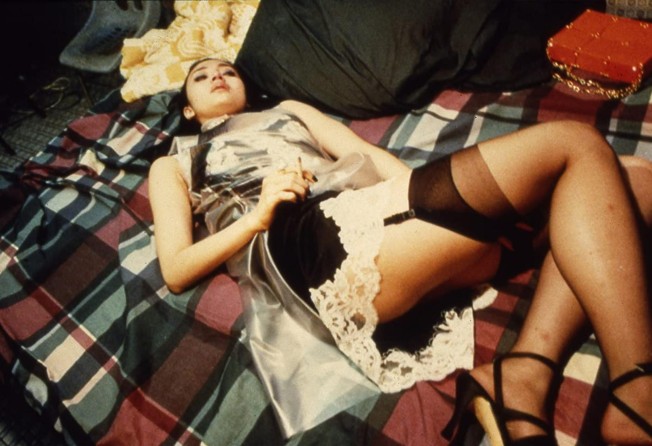
Hong Kong film and television producers would often pick the winners of the beauty pageant to star in their shows, and Mona Fong, the legendary Shaw Brothers producer who was then working at Hong Kong broadcaster TVB, offered Reis a role in the five-part television series I Do, I Do.
That led to her career on the big screen.
She had her first experience in front of cameras in 1973 at the age of three, when she appeared in a television ad for a baby product, and started modelling when she was 12. She became a popular model in Japan, where she continued to work throughout her movie career.
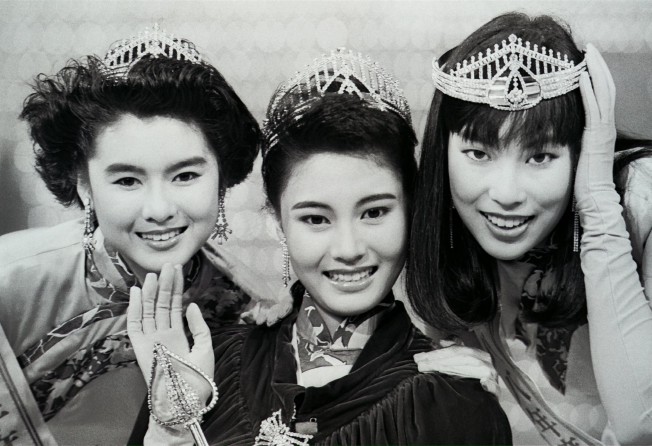
“Right from entering the beauty contest, I knew I was on the right track for movies,” she told this journalist in 1993.
“The most important thing here is to get yourself known. You can get your acting skills up with experience. And even when you’re known, you have to keep your profile high, as there are so many stars here. That’s why I still do the magazine covers.”
After a few inconsequential films, including a Wong Jing comedy, producer/director Tsui Hark offered her a supporting role in the A Chinese Ghost Story 2, the follow-up to the lively 1987 mega-hit A Chinese Ghost Story.
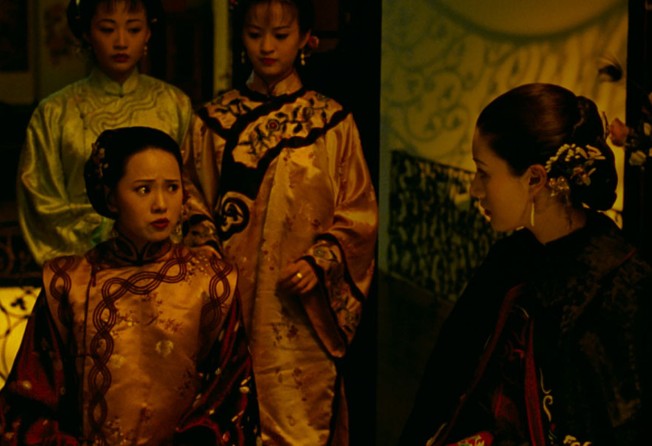
The inexperienced actress found herself performing alongside Leslie Cheung Kwok-wing and Taiwan-born Joey Wong Cho-yee, one of the top female stars of the time. Tsui was patient with her, she told the Post: “He taught me a great deal, and I knew I wanted to act.”
But the film’s director, legendary martial arts choreographer Tony Ching Siu-tung, who was known for his innovative action sequences, was not impressed, she said in a French-language interview.
“Ching Siu-tung was irritated by me as I didn’t have much experience. Like all new actresses, I needed direction. I was like a blank sheet of paper,” she said. “I think my performance was often not as good as it should have been.”
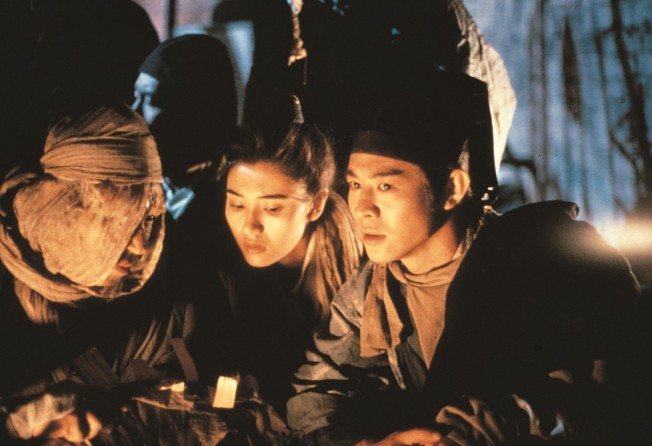
Reis continued to work for Tsui, appearing in a supporting role in the classic fantasy martial arts films Swordsman II, the film which started a trend for gender-bending Hong Kong films. Tsui toned down Reis’ natural glamour and made her look boyish and cheeky for the role, in which she is jealous of Jet Li’s character’s obsession with a sensual sorceress, played by Brigitte Lin.
“Tsui explained to me how to approach my character. I was like a naïve little boy taking instructions. He was very interested in the body language of my character, and he asked me to think about the gestures, and to improvise with my facial expressions to show what was going on inside,” Reis said.
The Wicked City, an effects-driven science fiction film based on a popular Japanese manga comic, was also produced by Tsui. The story was about an alien race of “raptors” who had infiltrated a future Hong Kong.
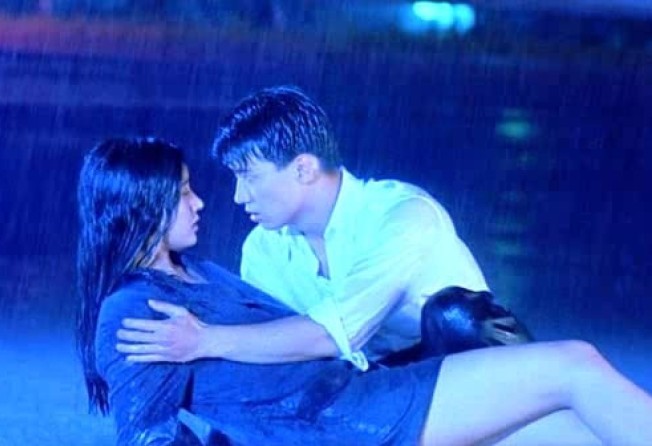
Local science fiction films were rare in the 1990s, because of the city’s lack of state-of-the-art special-effects houses, so the film generated a lot of press. The filmmakers adeptly shot the modern city to look like the future, but the film was let down by its sub-par effects.
Reis, who played a peaceful raptor, said her action scenes were more demanding than those in Swordsman II.
“I had learned the basics of action in the previous film with Tsui. But I do not have a talent for action performances, and worse, I get vertigo. There were many scenes involving wirework [to simulate flying], and that got very tiring for me. But I stepped up to the plate and gave it my best shot. I did my best, although I felt that I lacked the necessary professional training,” she said.
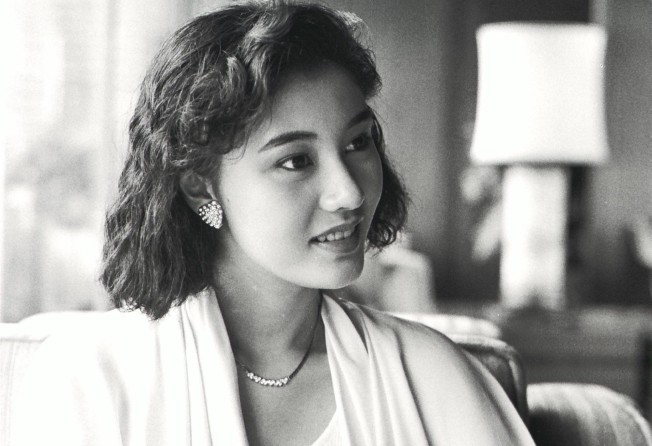
Reis told the Post that she really wanted to play “a bad girl, a wicked woman”, and she did play a villain in an above average small-scale production called The Black Morning Glory. Typically, her character came good in the end.
It’s about a hit girl who accidentally kills her childhood friend, and Reis plays both killer and victim. “This film is new for me,” she told the Post, “as I seldom take part in straight action films.”
Reis also played a sexually frustrated criminal in Wong Kar-wai’s Fallen Angels. Wong thoroughly discussed the role with her before shooting, he said.
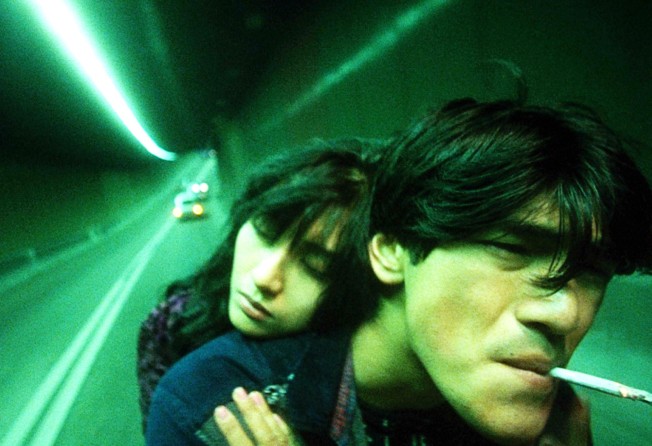
Eyebrows were raised when Reis was given the demanding role of Emerald in art-house master Hou Hsiao-hsien’s period drama Flowers of Shanghai – would she be able to do it? But Reis, who had learned some Shanghainese from her Shanghai-born mother, excelled in the film, turning in an exceptional performance as the tough but sympathetic courtesan.
“I see her as a modern woman living in 1892,” she told the Post. “She’s independent and knows what she wants. Hou says I am similar to the character, but I don’t see it – I think I’m more emotional.”
Reis gradually wound down her acting performances in the early 2000s. She was recently in the news for narrowly escaping death from an unexpected illness.
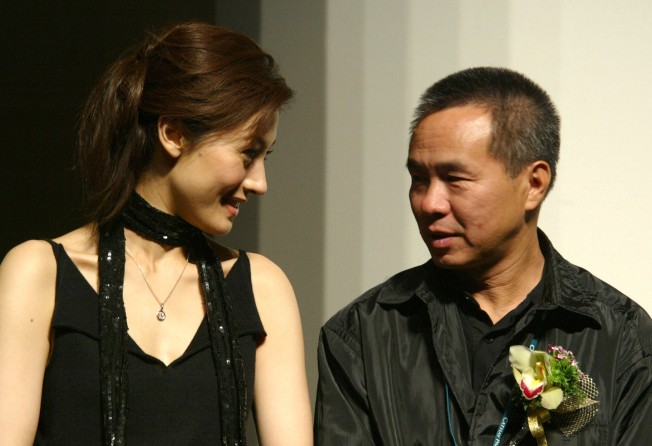
In this regular feature series on the best of Hong Kong cinema, we examine the legacy of classic films, re-evaluate the careers of its greatest stars, and revisit some of the lesser-known aspects of the beloved industry.
Want more articles like this? Follow SCMP Film on Facebook